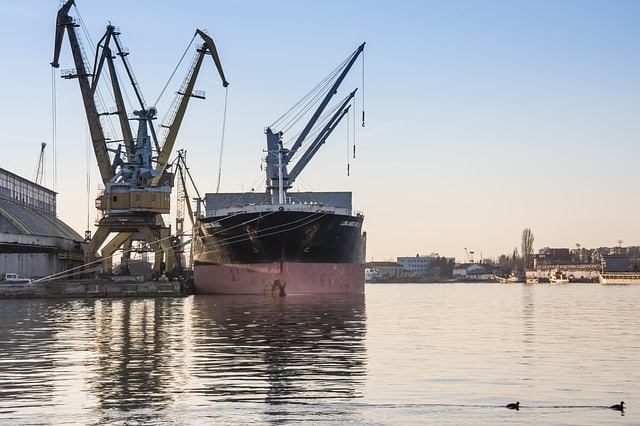Every country in the world has taxes levied for goods imported from other countries nowadays, which requires a brokerage process, including the paid taxes calculation. The state wants to monitor the goods entering it, which is why other than taxes, the goods’ classification helps check the legality of the import. In this article we’ve gathered all the information on customs brokerage, including links to the website of the Tax Authority, so ou can calculate the taxes.
Today, importers use the services of a customs broker or that of companies engaged in the field of international shipping, in order to significantly shorten the process of importing goods and optimally plan the import process. A customs broker is also called a customs agent, and they must hold a license in order to engage in the field. Their job is to represent importers before the customs authorities, much like an accountant or a lawyer. Among other things, the role of the customs broker is to help guide the importer through the tangled web of bureaucracy, in accordance with the law, and assist in the classification of goods, in order to calculate taxes and determine the legality of imports. The goal is to serve them as a loyal envoy to the customs authorities.
Import taxes are calculated by a customs broker after they’ve classified the goods, and they in effect serve as a conduit through which tax funds are collected and transferred to state authorities such as the Tax and VAT authorities. Once the customs broker has determined the customs classification for the products that the importer is interested in importing, it’s possible to calculate the taxes that the importer must pay.
There are 3 main taxes – customs, purchase tax and VAT, which currently stands at 17%. These tax payments are determined on the basis of the value of the product paid by the importer to the supplier, in addition to the cost of transportation to the port in Israel and the insurance value. You should consult and check whether or not it’s profitable to import the product after adding the various taxes, in advance, as sometimes it seems that a particular product costs very little, but once the various calculations are added it’s no longer profitable to import.
The classification of goods is done via a qualified customs agent and is a science unto itself, so the information presented in this article or any other channel on the site can’t replace a proper consulting meeting with a customs agent. With that being said, you could make preliminary tax calculations through several websites.
For example, the Tax Authority website gives you the ability to select the category and the sub-category on the import tax calculator for personal imports and calculate the estimated tax on personal imports.
Another way to calculate the goods of a commercial import is through the link to the Import Goods Classification Book.
Once again, the information presented here isn’t a substitute for a consulting meeting or request for early customs clearance in accordance with the guidelines on the Tax Authority website. The final classification will be determined by customs, in accordance with the discretion of the examiner, from which the taxes to be paid and the conditions of import legality will be derived at the actual time of import.
It’s important to note that the imported goods may be subject to additional requirements under other laws, such as the Consumer Protection Act, the Standards Act and other regulations, and it’s the importer’s responsibility to ensure that the imported goods comply with all additional legal provisions in advance.
For a no strings attached consulting on customs brokerage, contact MC Cargo & Logistics experts today >>>

For more details call
שלום וברוכים הבאים אנחנו כאן כדי לעזור